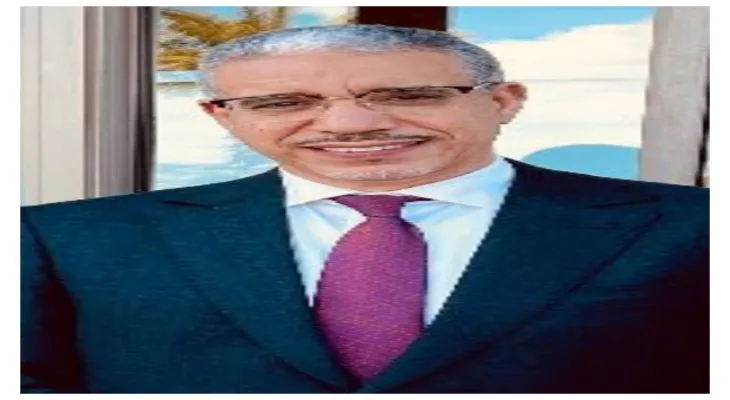Search here
Newspaper
Search here

Arab Canada News
News

Published: May 27, 2025
Aziz Rabeh
Tuesday, May 27, 2025
The new diplomatic path led by His Majesty the King since the return to the African Union is achieving remarkable successes on both the international and African levels. Moroccan diplomacy has expanded its reach to all regions of Africa, especially its eastern part, which is notable for its politically and economically influential countries.
Some East African countries, such as Kenya and Ethiopia, remained difficult to engage for decades due to the prevailing political trends and tensions at the time. However, the Moroccan diplomatic approach has managed to reach its goals, supported by a firm conviction among the leaders of those countries, who still suffer from tensions and conflicts surrounded by them from the east, west, and south, that the architects and supporters of the secession project are targeting all African countries and their future.
Today, the Moroccan-Kenyan dialogue that has quietly started for years culminates in Kenya's support for the autonomy plan in Moroccan Sahara, the official opening of the Kenyan embassy in Rabat, and the launch of the partnership initiative between the two countries in various strategic fields.
The final statement was clear and affirming of the general African trend supporting the Moroccan proposal:
- Kenya considers the autonomy plan as the only sustainable approach to resolve the Sahara issue and intends to cooperate with countries that share the same vision to activate this plan.
- Kenya praises the increasing international consensus and the dynamism led by His Majesty King Mohammed VI supporting the autonomy plan presented by the Kingdom of Morocco, as the only realistic and credible solution to resolve this dispute over the Sahara.
Thus, the Moroccan position is reinforced by international, especially African, supportive stances, and will drive opposing countries against national unity to review their positions. The Kingdom responds to this growing African support with Moroccan-African initiatives in all strategic and vital fields, based on respect for the sovereignty, unity, and security of the continent’s countries, aiming for African revival and inclusive sustainable development for the benefit of the African citizen, with bilateral and multilateral partnerships that are beneficial to all countries without undermining any state, led by conscious and resilient African leaderships and elites before obstacles and challenges.
The national issue defines the Kingdom's partnerships with countries, regardless of their size, large or small, and transcends mere traditional diplomatic relations to joint construction aiming for Africa's development, led by leaderships and elites that have shed the colonial past that created wounds, fractures, and multiple volcanoes that erupt or are triggered at any moment, hampering the establishment of security, peace, development, and cooperation both within each country and across the continent as a whole.
These leaderships and elites are aware of the magnitude of the challenges and expectations, aiming to build a future worthy of a continent rich in human and natural resources and cultural diversity.
However, the achievements must be fortified by a strong and cohesive internal front against conspiracy, infiltration, weakening, provocation, and conflict, regardless of any discrepancy or difference in estimation.
The conspiratorial ranks of separatists, militias, and traitors and their major architects are ready for any destructive mission across Africa and its countries so that they do not enjoy security and prosperity. Undoubtedly, the vigilance of countries serves as a deterrent to them and restricts their expansion, but it is essential that it is supported by a resilient, cooperative, and advising internal front as well.
Comments